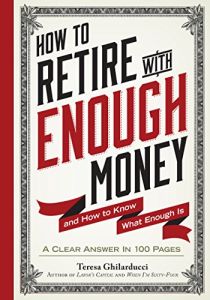
How to Retire with Enough Money
And How to Know What Enough Is
Read or listen offline
Amazon KindleRecommendation
Most Americans do not prepare for retirement. To give them a hand, retirement planning expert and New School of Social Research economics professor Teresa Ghilarducci offers a no-nonsense look at the critical elements that influence the quality of your retirement – earnings, investments, health care, and more. She presents hard-nosed financial realities that may scare the unprepared. Though her medicine may taste bitter, Ghilarducci believes failing to take immediate action will guarantee an unpleasant retirement. While never giving investment advice, getAbstract recommends her practical, short, comprehensive manual to everyone who has to work and who one day hopes to stop.
Summary
About the Author
Teresa Ghilarducci is the Bernard L. and Irene Schwartz professor of economics at the New School for Social Research. She also wrote When I’m Sixty-Four: The Plot Against Pensions and the Plan to Save Them and Labor’s Capital: The Politics and Economics for Private Pensions.







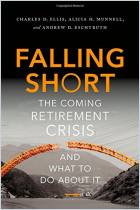
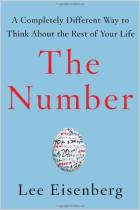
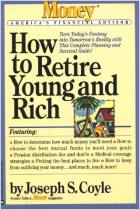
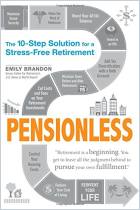
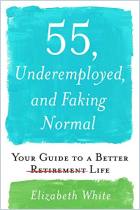
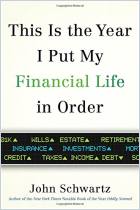


Comment on this summary or Iniciar a Discussão
1. Social Security is insurance - not really, it is more of a Ponze scheme with income transfers from current working folks to the retired older generation. It worked well when we had 64 workers to one retiree, it will collapse when the Baby Boomers overwhelm the system. (The money in the lock box is strictly IOUs from future taxpayers).
2. Big Bad Business dropped pensions - she should be blaming the Federal Reserve for devaluing our currency with constant inflation, thereby making it impossible for pensions to cover future rich defined benefits. The US Dollar has lost 96% of it's value from the founding of the Federal Reserve.
3. People being unable to save is again the result of the constant debasement of the value of our money.
4. Her idea that we can improve Social Security payouts is laughable, the only way to do that is to overtax the working generation. I have to think the Millennials will eventually figure out they are debt / tax slaves and revolt.
5. Parents lived with their children throughout history, it's only been recently, within the past 100 years that things changed with the success of capitalism in this country. Unfortunately, the weight of higher taxes, constant inflation and endless growth of debt have destroyed the foundation of the economy.
In summary, the author presents many good points, but beware the "progressive" government can fix all ills points since that usually means they are reaching in your pocket for the "doing good" campaign.